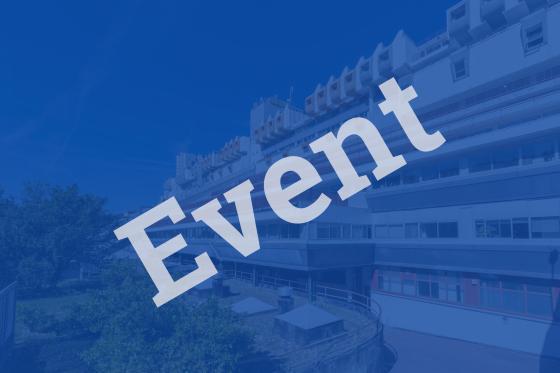-
-
Dipartimento di Fisica - A601
-
Seminario
Relatori
Dettagli
Abstract
Quantum batteries are quantum systems that can store energy. They were introduced in 2013, to determine if quantum effects, e.g., entanglement, could lead to an advantage over classical implementations of thermodynamic tasks, such as work extraction and injection.
In 2015, a scalable charging speed-up was linked to the generation of entanglement in many-body quantum batteries. This captivating result has since been the main driving force of the field. However, the nature of this speed-up and the role of entanglement were then not fully understood.
Since 2013, the field has gained significant momentum, thanks to some theoretical developments that have sparked the interest of an interdisciplinary community and the growth of experimental work. This research effort has shed some light on the nature of the charging speed-up, its relation with entanglement and other non-classical correlations, opening to other important questions around energy storage in quantum systems.
In this seminar, we will discuss some of these insights, such as the difference between quantum and collective speed-ups, their relation to ultra-cold and room-temperature implementations, and the features of open and dissipative quantum batteries. We will then look at some current research directions, such as the role of quantum batteries in reversible quantum computing, and conclude with an overview of the open questions that look beyond the scaling of the charging power.
Biography
Francesco is a Marie Skłodowska-Curie Action Postdoctoral Fellow at the University of Padua. His MSCA project aims to improve the efficiency of photovoltaics by studying energy-conversion processes that can be exploited to broaden the portion of the solar spectrum absorbed by solar cells.
Francesco graduated at the University of Padua (2013) and was awarded his Masters in Theoretical Physics from the University of Freiburg (2015). He obtained his PhD in Quantum Information at Monash University in Melbourne (2019), where he studied energy injection, storage and extraction in many-body quantum systems. Francesco joined RMIT University and the ARC Centre of Excellence in Exciton Science (Melbourne) from 2020 to 2023, where he worked on energy transport and conversion in organic semiconductors.
This seminar has been financially supported by the European Union-NextGenerationEU through the "Quantum Busses for Coherent Energy Transfer (QUBERT)" project, in the framework of Curiosity Driven 2021 of the University of Genova.


